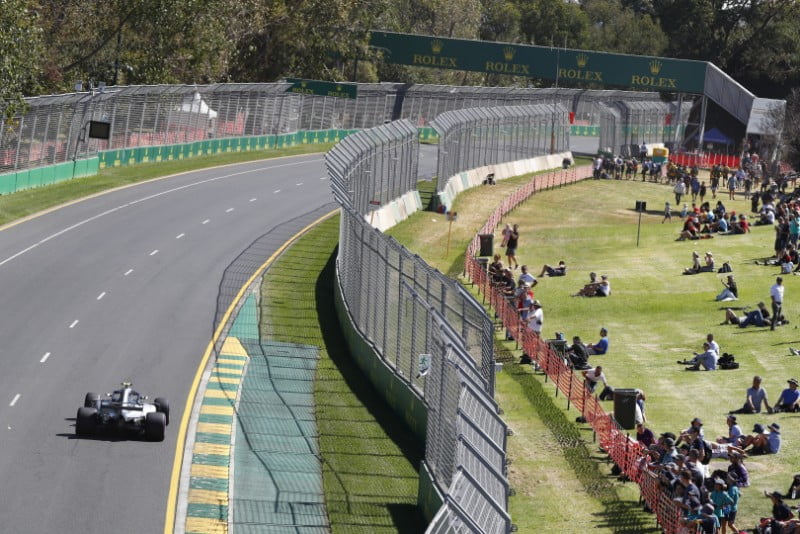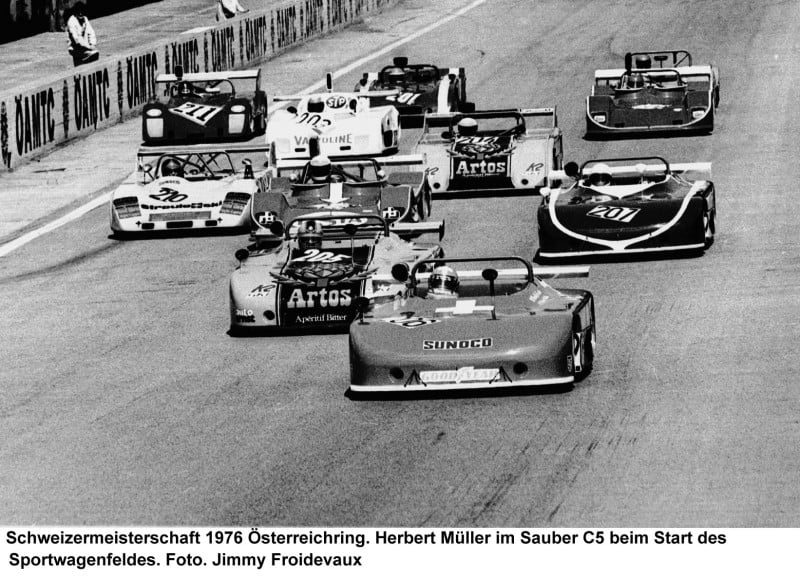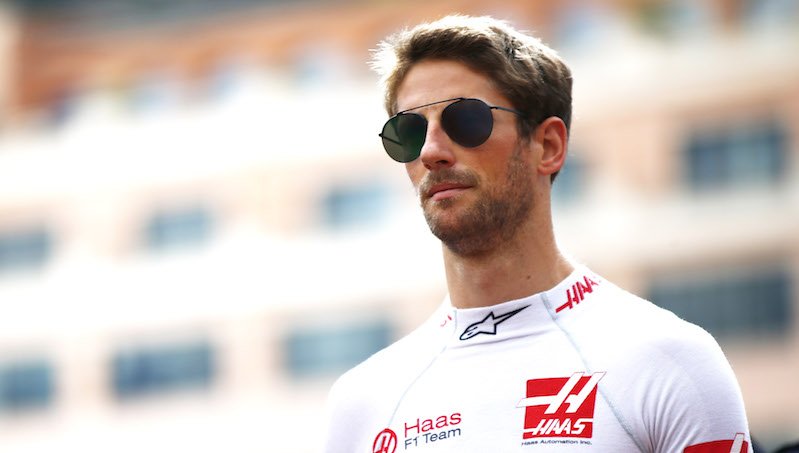The upcoming season is important for the sport and business of Formula 1.
The much-awaited and anticipated 2019 Formula 1 Season starts in Australia this weekend. Liberty Media, who bought the business of Formula 1 in 2017, start their third full-season as the ‘new owners’ of the sport — well, time to drop the ‘new’ tag and explain why this season is important for Formula 1.
2019 could be a landmark year for Liberty Media’s management (also Formula One Management or FOM) of the sport for the changes made for this season and the roadmap they are able to put in place for the future. As you read this, Formula 1’s future beyond 2020 is yet to be firmed up and more than just agreeing on a future, the owners are eager to sign-off with all the relevant stakeholders on the right direction for the future. After all, brands such as Red Bull, Ferrari, Mercedes and others will remain invested only if they believe that the sport will deliver as much a value for their investments in the future as it does in the present.
Aerodynamics
The aerodynamic changes for 2019 are possibly the most well-researched rule changes in the history of the sport. FOM and the FIA (the governing body) have worked hand-in-glove to ensure that the changes put in place deliver the desired effect — closer wheel-to-wheel action. While the team bosses expressed their dissatisfaction with the rule changes (well, this is usually their default reaction), some of the drivers did compliment the changes during pre-season testing. It might be early days, but let’s hope that the aerodynamic changes deliver on-track excitement — something the sport is unable to deliver on a consistent basis.
After all, the FIA and FOM stuck their neck out to push for these changes also citing that the 2019 rules would be the basis to establish aerodynamics for 2021 and onwards. In the wake of other Motorsport series such as MotoGP, Indy Car and Formula E delivering high-quality racing, here’s hoping that Formula 1 is able to work harder to deliver edge-of-seat action. Let’s remember, Formula 1 might still be distinctly divided between the top-3 teams and the rest for the upcoming season. But if it delivers entertainment throughout the grid, it would still be mission accomplished for 2019.
2021 – So Far, Yet So Near
Even though 2021 is a few years away, in Formula 1 terms, the teams, FIA and FOM are leaving it to the last minute to agree on sporting, commercial and technical regulations that will govern the sport then. In fact, efforts have been underway for over a year to work with the teams to agree on these regulations and work-in-progress ‘looks’ of the 2021 Formula 1 car were actually leaked before the sport had to make an official presentation. On the basis of the FIA’s International Sporting Code, the powers in Formula 1 are obliged to sign-off on all such regulations by June 2019 or risk a delayed introduction.
Apart from the aerodynamic regulations, the existing hybrid-turbo power unit regulations were expected to change too. However, the existing power unit manufacturers did well to force Formula 1 to extend the current regulations to 2021 and later — albeit with a few changes. It would be hard to disagree that the cutting-edge hybrid-turbo technology of Formula 1 has come at a massive financial, political and competitive cost to the sport and more importantly, its legion of fans.
For 2021, Formula 1 aims to introduce a comical ruling that would ‘force’ the existing power unit manufacturers to help new power unit manufacturers entering the sport. In the ‘dog eat dog’ world of Formula 1, one wonders why a competitive team would help a rival become competitive enough — even more so when Formula 1 couldn’t get Mercedes or Ferrari to agree to supply power units to Red Bull Racing a few seasons ago.
Additionally, there have been excessive talks about restructuring the unfair financial payouts of the sport and introducing a budget cap — both aimed at offering stability to the business of owning a Formula 1 team. But could it already be too late to make radical changes for 2021? Will Formula 1 be able to convince Ferrari to accept a lesser pay-out? What about the historical bonuses and special payments to Mercedes, Red Bull, Mclaren and Williams? Fans should be ready for quit-threats and other related drama to unfold over the next few months with the hope that Formula 1 is able to make decisions for the sport overall and not just a few competing teams.
Race Hosting Contracts
Formula 1’s biggest source of revenue is from race hosting fees paid by the various organisers around the world. The sport has already expressed its desire to expand the calendar to 25 races, but for the moment, it might struggle to stick to its 21 race calendar in the near future. Since Liberty Media’s takeover, the Grand Prix of Vietnam was the only new signing announced — despite the owners boasting of interests from governments world over.
It is no secret that the Mexican Grand Prix might be in danger after the new ruling party decided to direct its contribution towards the Formula 1 race to building a new railway line! Similarly, the United States Grand Prix, though still present on the 2019 calendar, might lose its state funding after filing an incorrect reimbursement application for the race held last season. Likewise, race hosting contracts for Great Britain, Spain, Italy and Germany are up for negotiations — some of the sport’s key markets. While it may appear that an extension might be a formality, the organisers of the British Grand Prix are engaged in heavy negotiations to reduce their hosting fees. In between these venues alone, Formula 1 has over $120 million of revenue to secure.
Television Viewership & Sponsorship
After successfully using free-to-air television to amass its global fan following in the last several decades, Formula 1’s decision to shift to pay-television has met with mixed success. On the revenue front, the sport and hence the teams have earned a significant sum of money, but there has been a drastic drop in the sport’s following on television. And of course, pay-television subscription revenue has helped broadcasters up their production quality to never-before levels. Also, the sport is working hard to reduce the average age of a Formula 1 fan. The new documentary on Netflix is a step in such a direction.
While pay-television offers higher income and better content (quality and quantity), the drop in viewership takes away interest from other sponsors — for the teams and for the sport overall. In a sport where teams collectively spend around $1 billion annually (10 teams x 100 million at least!), external sponsorship is a key source of revenue. Liberty Media has brought much method to the madness, but big-ticket sponsorship deals seem distant.
‘F1 TV’, Formula 1’s global over-the-top live-streaming service will see a full launch in 2019 and it remains to be seen how fans react to subscriptions and if such a service impacts Formula 1’s future television rights negotiations. The sport is aggressively launching their service even in markets where they have pay-television providers offering Formula 1 broadcast on their own OTT services. To what extent will F1 TV shape the sport’s future content consumption?
Business of Formula 1
Under Liberty Media’s reign, the teams’ earnings have suffered a drop for the second year in succession. This is despite an increase in the sport’s earnings for both the years. Formula 1’s efforts to ramp up content production and fan engagement comes at a cost and it is in fact the ‘central kitty’ of the sport (that the teams have a 68% share in) that is bearing such costs. This includes costs towards Formula 1 Live, production of an official theme and the awesome social media content. Will 2019 see a reverse in this trend of lowered earnings?
Then there’s the worry of Brexit and the impact it could have on the sport since most team operations are based out of the United Kingdom. And finally, there was a report in January 2019 that stated that Liberty Media was looking to sell Formula 1 — fully or partially. While the veracity of the report wasn’t confirmed or denied by Formula 1, we are remembered of the good ol’ adage — there’s no smoke without fire!
This post was first published on Firstpost














